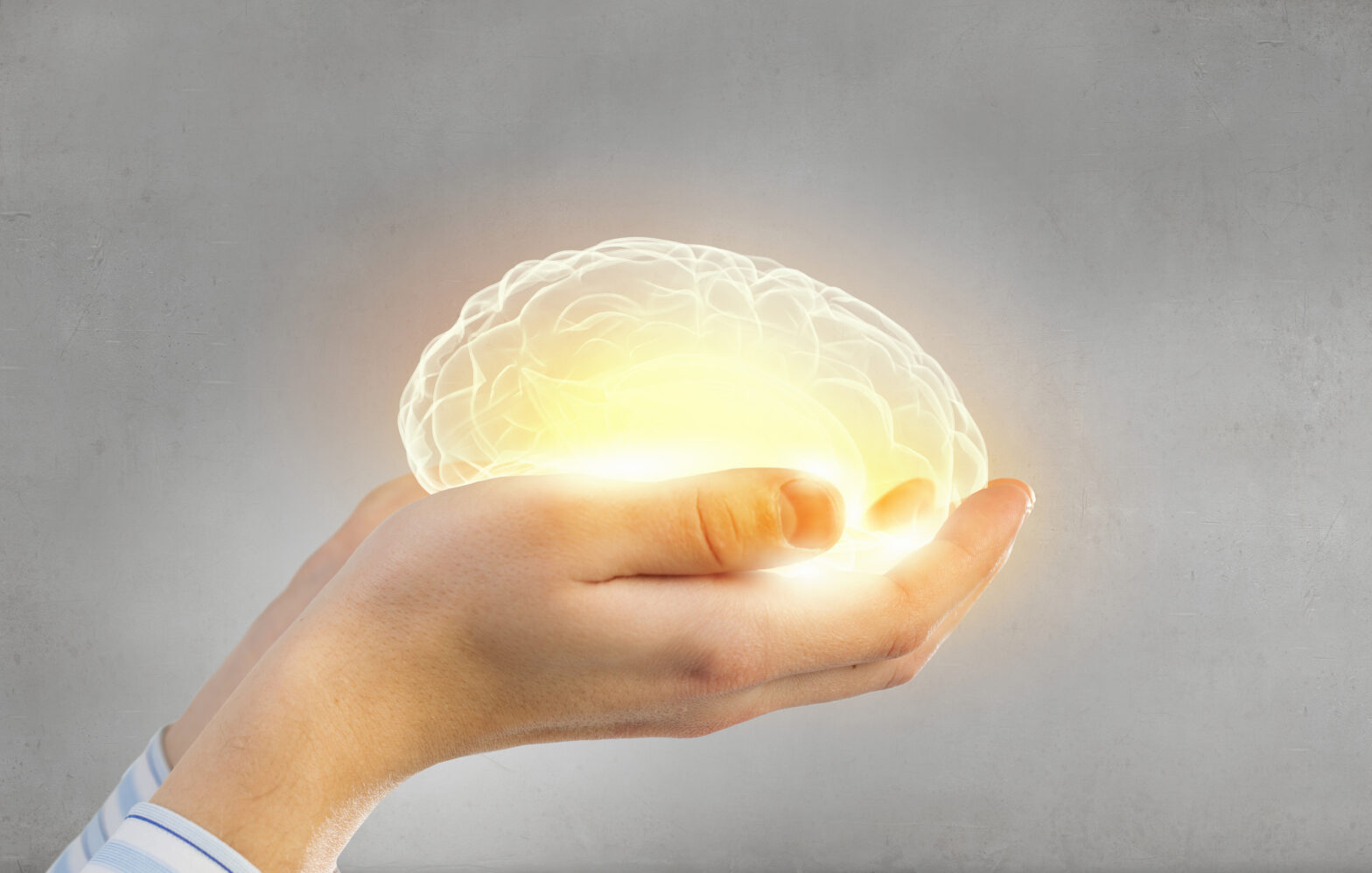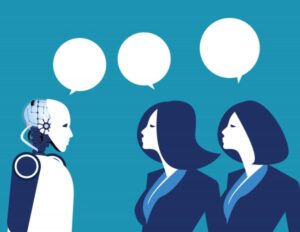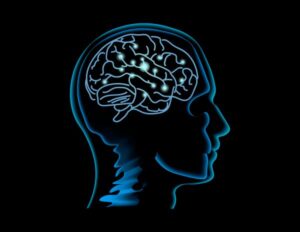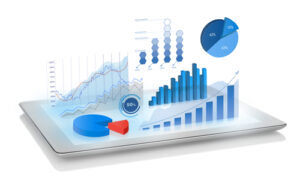How AI is empowering workplace wellbeing: David Plans, CEO & Co-Founder, BioBeats
- 6 Min Read
In this installment of our Tech Founders series, David Plans, CEO & Co-Founder, BioBeats, and fellow of the Alan Turing Institute, talks to HRD Connect about the crucial role AI and data and play in creating a better understanding of workplace wellbeing.
- Author: HRD Connect
- Date published: Jun 26, 2019
- Categories

What is the true potential of HR and how can technology help us to achieve it?
In this installment of our Tech Founders series, David Plans, CEO & Co-Founder, BioBeats, and fellow of the Alan Turing Institute, talks to HRD Connect about the crucial role AI and data and play in creating a better understanding of workplace wellbeing.
What is BioBeats?
BioBeats is a digital intelligence company using AI to empower people to better understand and improve their wellbeing, both in terms of mental health and physical health.
BioBeats solutions, based on years of research, provide insights into individual health and wellbeing by tracking data from wearable and smartphone sensors. Biometric and psychometric feedback is combined with unique machine learning algorithms to deliver personalised insights into one’s health and wellbeing, based on clinically proven coaching techniques.
Why was it necessary to create BioBeats?
I’m a fellow at the Alan Turing Institute, where the uses of AI are explored for a variety of different areas of industries – for example, agriculture. However, my domain is health, and for years, I have been researching the science behind mental wellbeing, and how AI and machine learning may better analyse our mental state for improved overall wellbeing.
Human Resources teams are often focused on issues such as churn, staff burnout, absenteeism etc. which, currently, can only be predicted based on previous years’ data. For example, it isn’t currently possible to predict an upcoming spate of resignations, despite indicators– stress, long days etc. – being right there to see. We saw an opportunity to bridge this gap.
BioBeats is built by scientists and engineers to make HR decisions more scientific, based on accurate real-time data of the workforce (in aggregate) and to help prevent staff turnover, absenteeism, presenteeism; which currently costs employers £33bn-£42bn a year. BioBeats will help reduce this.
Why is HR technology crucial to the success of a business?
People are a business’ most significant asset. The health of employees is directly related to productivity, and productivity is directly related to revenue. The more productive a team is, the more value they can bring to a company.
However, if you don’t have live data on your people (with the keyword being ‘live’, since an annual staff survey isn’t relevant even days after the results are in) you cannot be predictive as to whether you have a problem or not. In fact, without data, you are merely waiting for different scenarios to take place to which you can respond – you are in a reactive rather than a proactive position, which is less than ideal in HR.
Therefore, technology is crucial for the success of HR, and HR is critical for the success of a business. Our tech, and hopefully other HR technology, allows HR professionals to be data-driven, and see the impact their work has on the bottom line.
For example, through HR technology, a business can identify the return on investment for its benefits package – seeing fewer sick days as a result of offering a free gym membership, or reduced presenteeism due to the provision of free yoga classes.
Tech in this context not only allows each employee to improve their wellbeing by taking a more preventative approach but also positively impacts how HR budgets are managed in a way that hasn’t been possible before.
How can an organisation most effectively implement new HR technology?
The most important thing an organisation can do when implementing HR technology is to be, first and foremost, outcomes driven. If the desired outcome is to improve churn and increase retention, then you first need to understand the data relating to those challenges. Similarly, if your goal is to reduce presenteeism, you must first be measuring it, and therefore have the necessary data to work with.
Once the outcome is understood, then an organisation can look for the technology that will adequately measure the required data. For example, at BioBeats, we measure data that directly impact outcomes including; absenteeism, presenteeism, and employee retention.
This data is then provided in aggregate, to shows trends and to predict if a particular shift in any of the outcomes is on its way. Thus, giving the HR team time to prepare and change the outcome.
What do you think is the biggest challenge affecting organisations today?
The biggest challenge today is that people are more informed on the importance of wellbeing than ever. Entire workforces understand very well the need for positive mental health, both in and out of work, and they prefer companies that prioritise this.
Combined with the fact that people are no longer as loyal to their employers – with much more job-hopping taking place than ever before, it makes for a situation where if organisations do not prioritise the health of their employees, those employees will walk.
The result is high levels of churn, and when it takes an average of £200,000 to recruit a person (in professional services, including the hours put into the process, as well as direct payments) the cost of churn is exceptionally damaging. As such, retention is an absolute priority.
Which emerging technologies do you think will transform HR in the future?
Hyper-personalisation, powered by AI, will be transformative in HR. No longer is it enough to know the name, date of birth, home address etc. of your employees; the future is understanding their personal traits, their interests and desires, and their current state of wellbeing.
This, of course, presents quite an ethical dilemma. For example, if HR becomes aware of recurring sleep issues, is it right to use such information to manage your diary or contact your doctor? Of course, it isn’t.
Therefore, ethics frameworks must be implemented. This again presents an opportunity for AI, since an ethics-driven AI can regularly check in on HR decisions to question and flag any decisions which must be reconsidered.
The ideal for hyper-personalisation, and how we do this at BioBeats, is to use the data and analysis to empower individuals themselves, to help build the culture of the company. Meanwhile, HR may use trends from aggregate data to make better decisions for the workforce as a whole.









